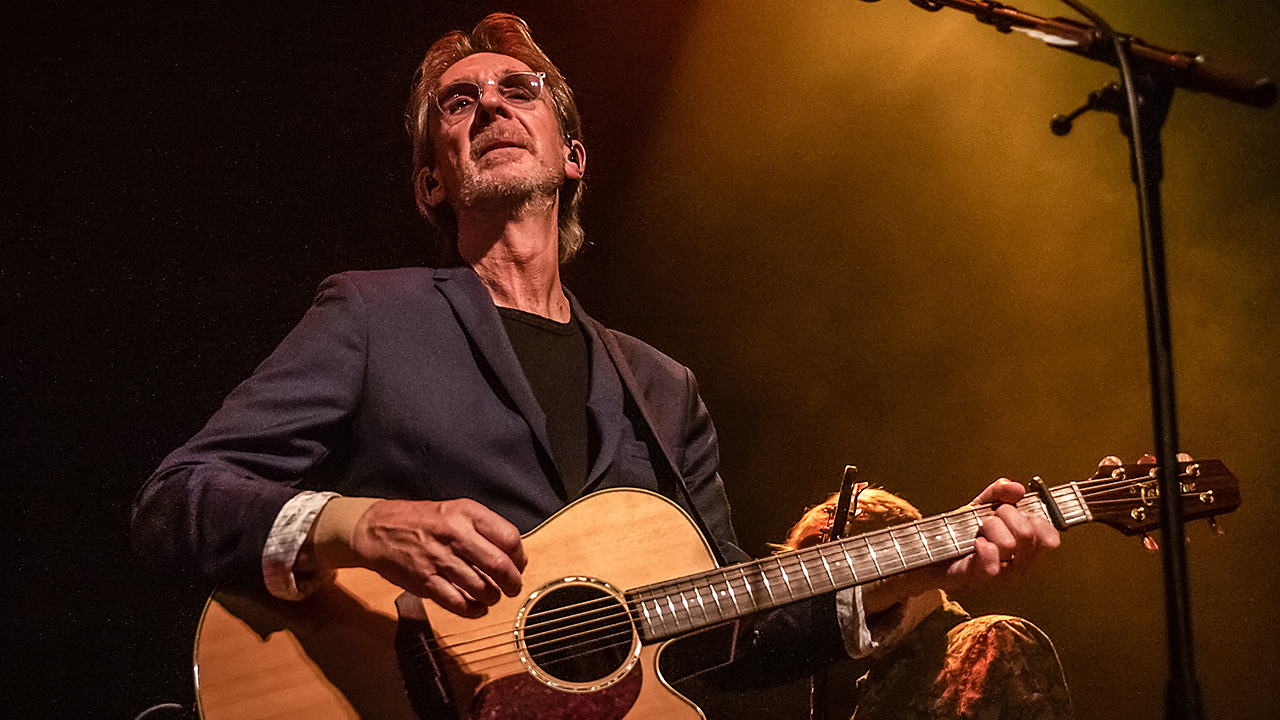The 100 Greatest Prog Artists Of All Time: 40-21
Last year we asked you to tell us what the greatest progressive rock albums were and this year, we asked who you thought was the greatest progressive band or artist. Who did you vote for?
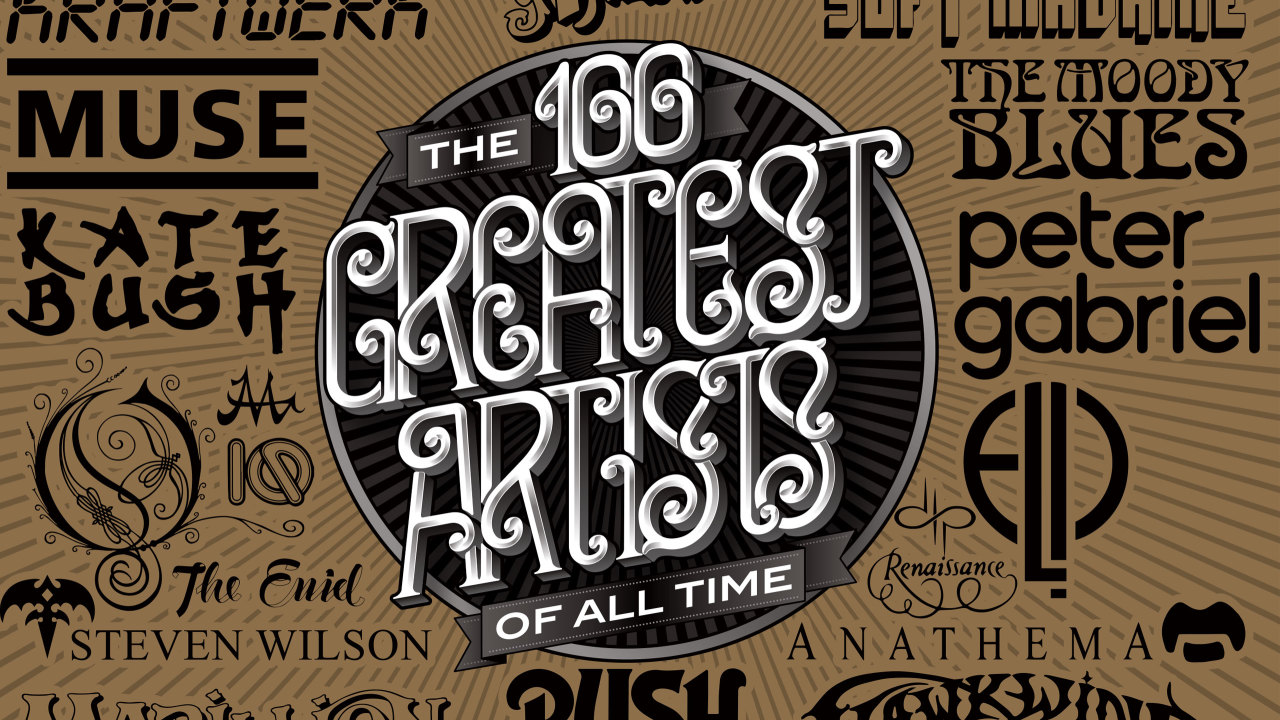
Select the newsletters you’d like to receive. Then, add your email to sign up.
You are now subscribed
Your newsletter sign-up was successful
Want to add more newsletters?

Every Friday
Louder
Louder’s weekly newsletter is jam-packed with the team’s personal highlights from the last seven days, including features, breaking news, reviews and tons of juicy exclusives from the world of alternative music.

Every Friday
Classic Rock
The Classic Rock newsletter is an essential read for the discerning rock fan. Every week we bring you the news, reviews and the very best features and interviews from our extensive archive. Written by rock fans for rock fans.

Every Friday
Metal Hammer
For the last four decades Metal Hammer has been the world’s greatest metal magazine. Created by metalheads for metalheads, ‘Hammer takes you behind the scenes, closer to the action, and nearer to the bands that you love the most.

Every Friday
Prog
The Prog newsletter brings you the very best of Prog Magazine and our website, every Friday. We'll deliver you the very latest news from the Prog universe, informative features and archive material from Prog’s impressive vault.
Part four of five…
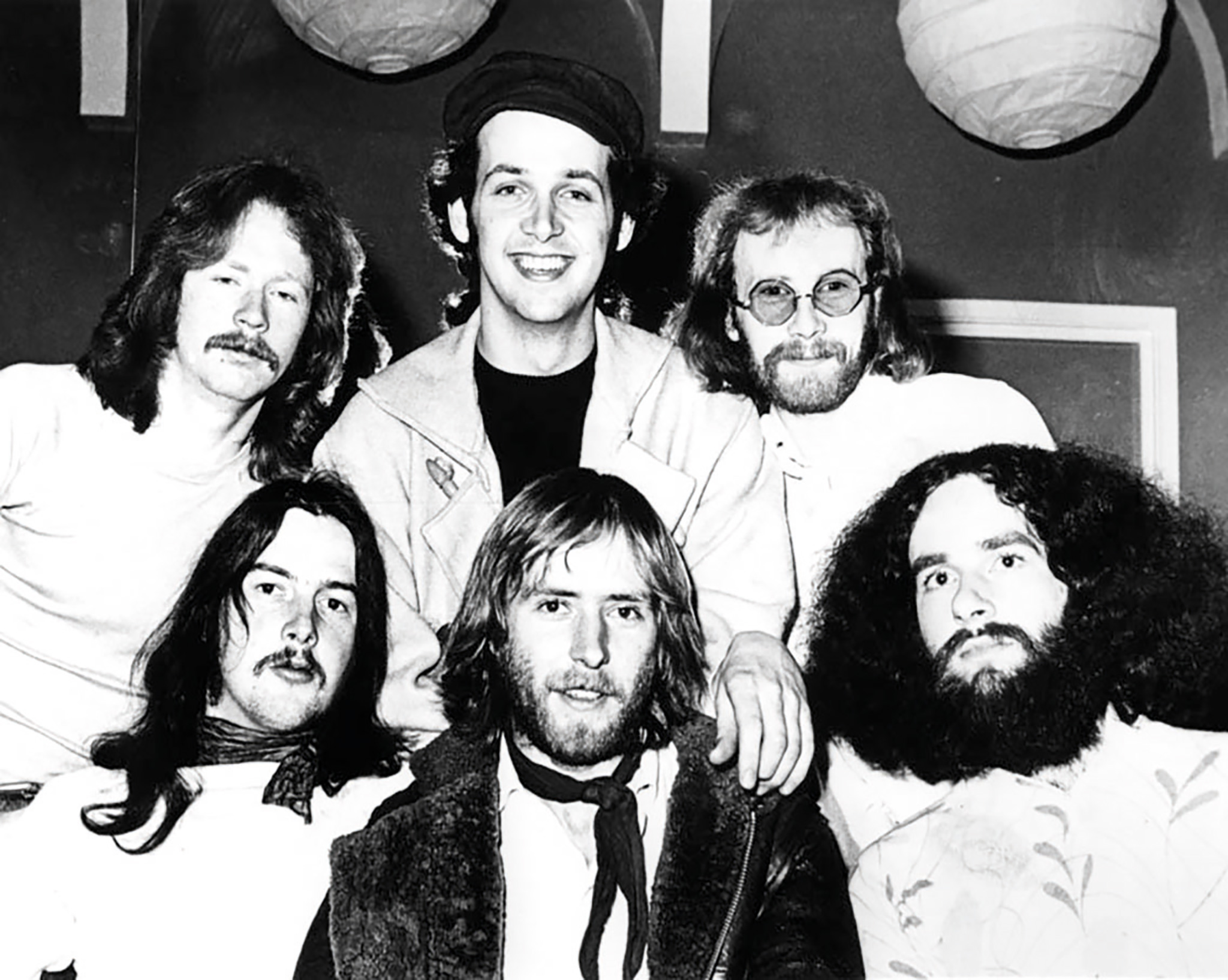
40 Gryphon
WE SAY: Founded at the start of the 1970s, not only were Gryphon rooted in the English folk tradition, but resolved to make this as authentic as possible by use of instruments from the medieval and renaissance periods, such as the crumhorn.
YOU SAY: “Unlike other prog rock bands, Gryphon took traditional folk and Medieval music and songs, and fused it with both modern and traditional instruments; the best example of this being Midnight Mushrumps.” – Richard Akehurst
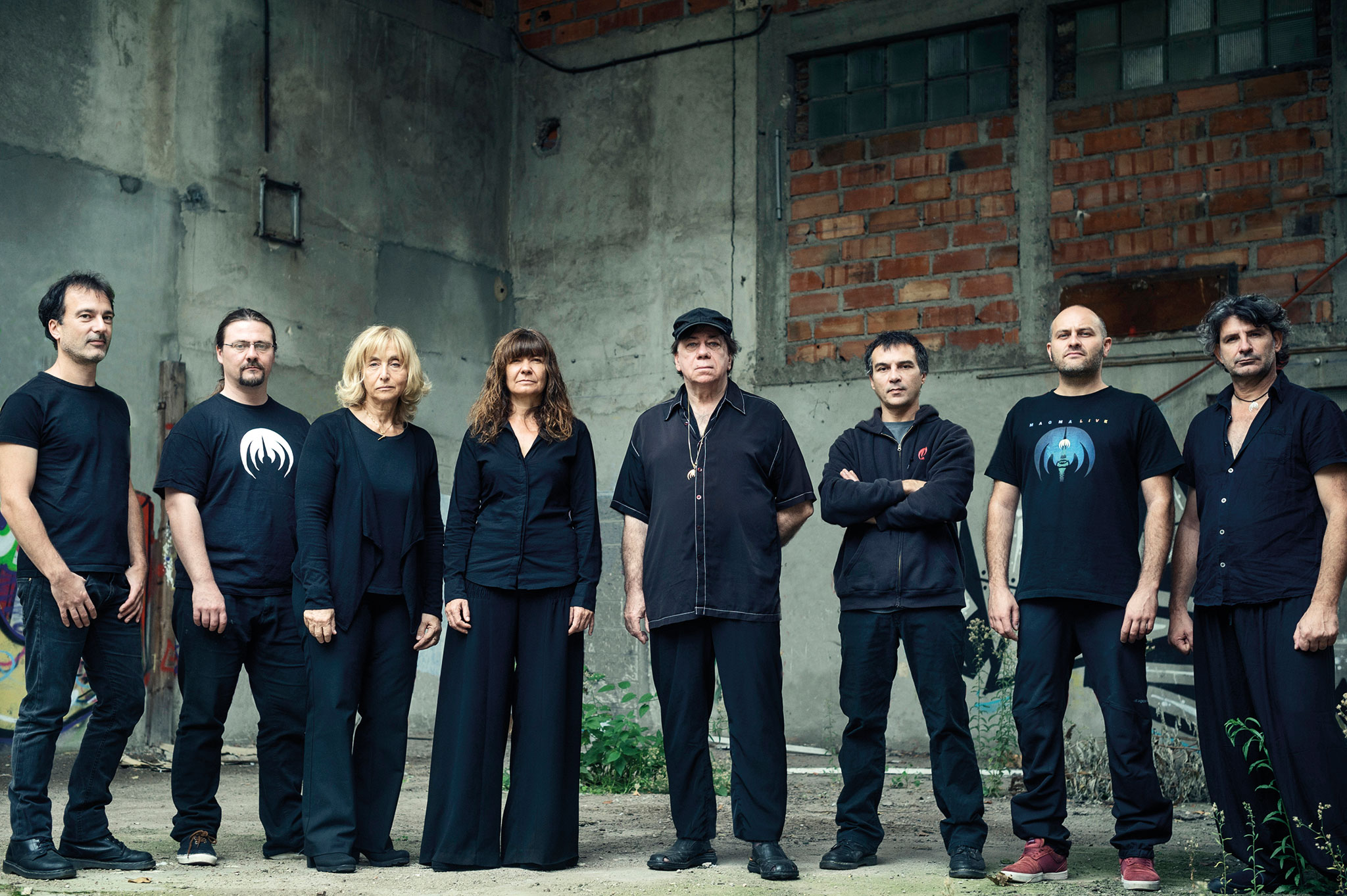
39 Magma
WE SAY: The French band were started in 1969 by drummer Christian Vander. In order to make the most impact, Vander invented his own language, Kobaïan, in which the band’s lyrics are written. Inspired by classical composer Carl Orff and jazz saxophonist John Coltrane.
YOU SAY: “You can’t beat Magma in terms of music. Right from the get go they were creating a syncretic blend of jazz, rock, and modern classical which only evolved from album to album, and they are still going incredibly strong today.” – Alek Nyberg
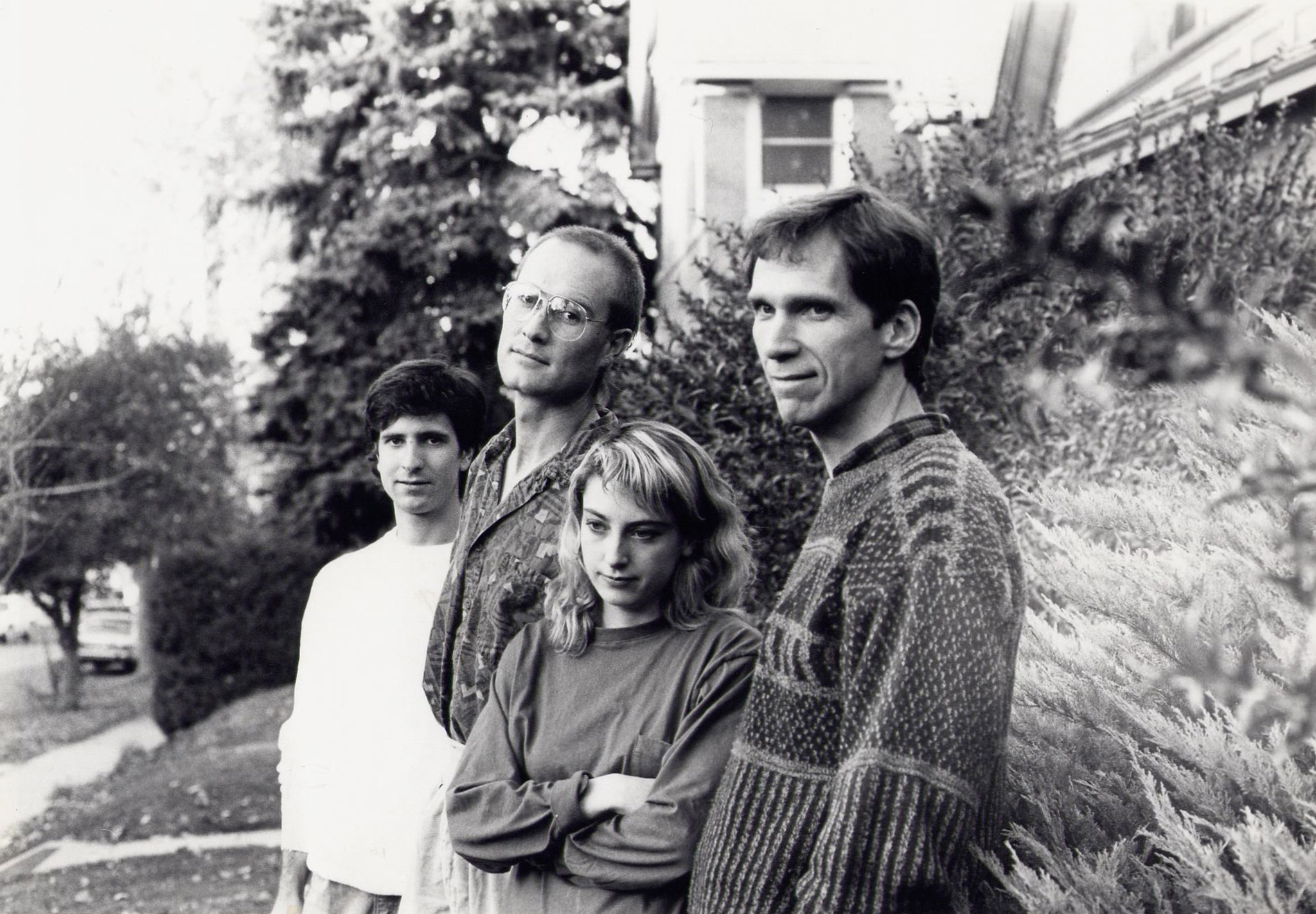
38 Thinking Plague
WE SAY: The Denver, Colorado band were formed in 1982 and have since created a series of six albums which are best described as avant-garde. They combine all manner of influences, with a revolved network of musicians under the guidance of the multi-talented Mike Johnson.
YOU SAY: “ From the RIO [Rock In Opposition] side of prog, Thinking Plague are underrated musicians in an underrated band. Their album In Extremis leaves me speechless every time I listen to it.” – Jay Anderson
Sign up below to get the latest from Prog, plus exclusive special offers, direct to your inbox!
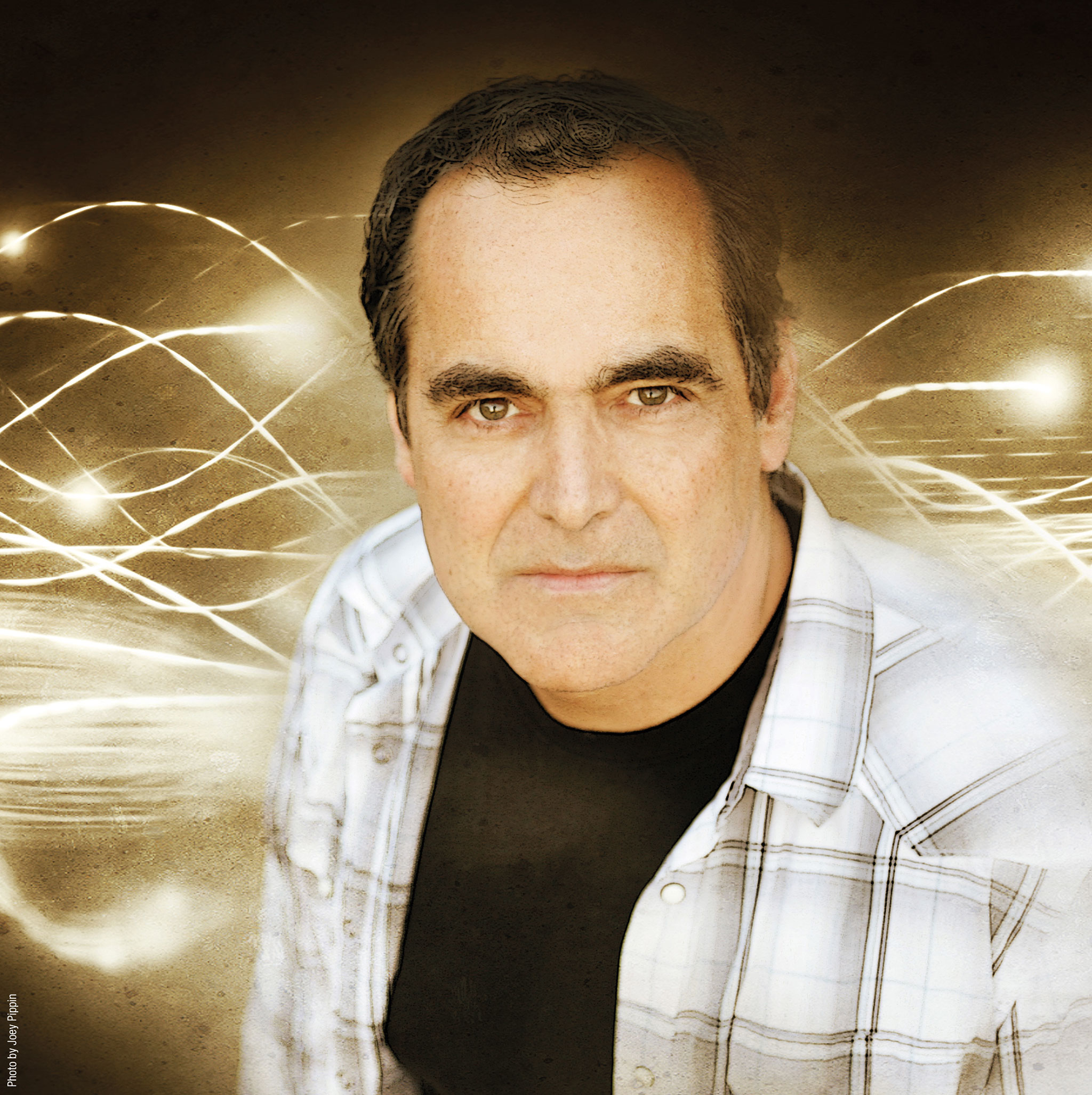
37 Neal Morse
WE SAY: As both a co-founder of Spock’s Beard and a member of Transatlantic, Neal Morse has been part of two significant bands. But he’s also established his own bridgehead as a solo artist. This has included conceptual albums based around Christian based subjects.
YOU SAY: “Neal is the creative force in so many groups and spectacular solo albums. From early Spock’s Beard to his super groups, Flying Colors and the diversity in his solo work. Amazing. Even his pop and worship music are incredibly composed and written.” – Mickey Johnson
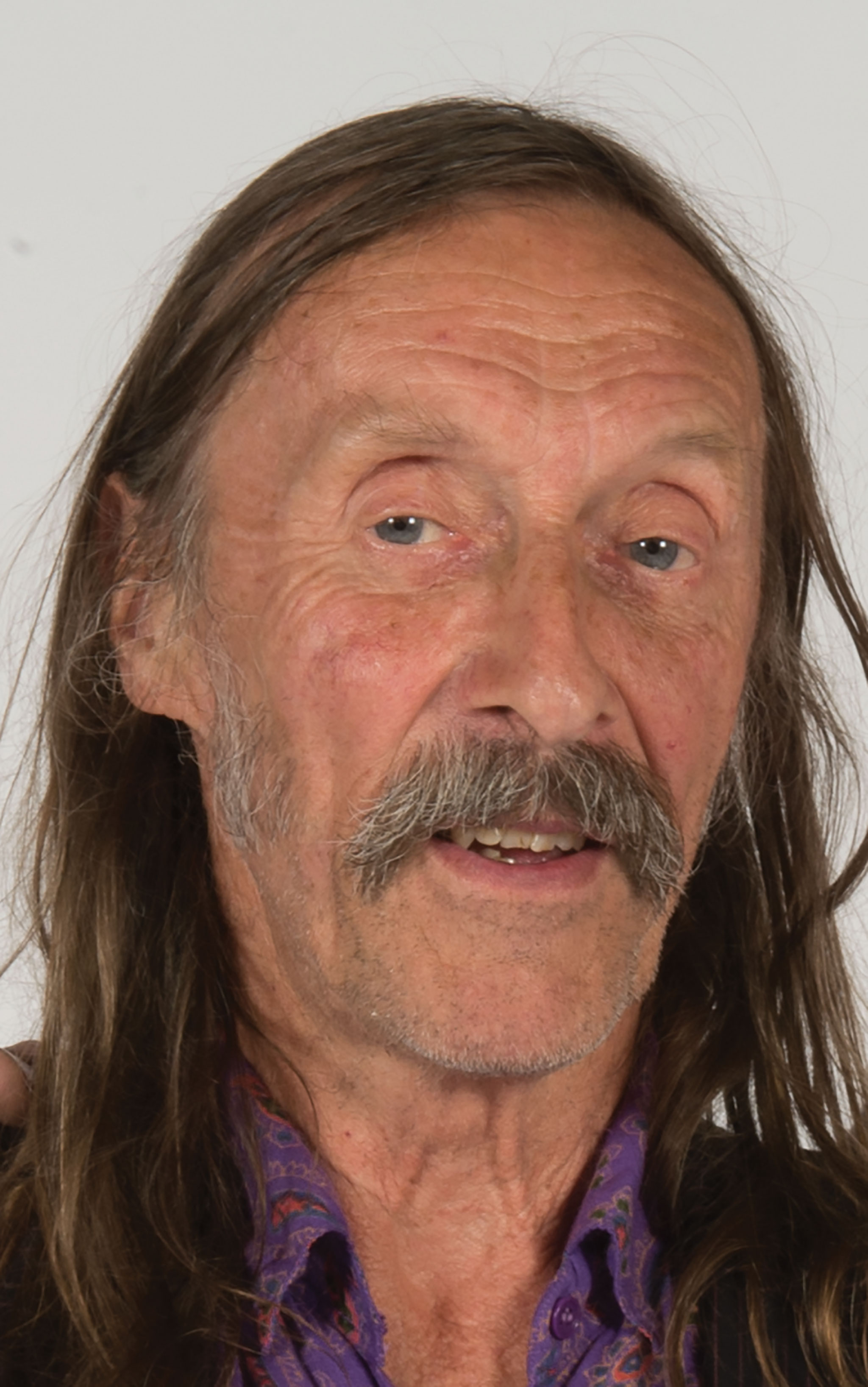
“I’m gonna go for a band not a lot of people will probably remember, and that’s Touch. No, not the hard rock band from the late 70s. This one were about at the end of the previous decade. They released only one album, self-titled, in 1968, but that’s an album which still sounds so good. They were so inventive and imaginative.”
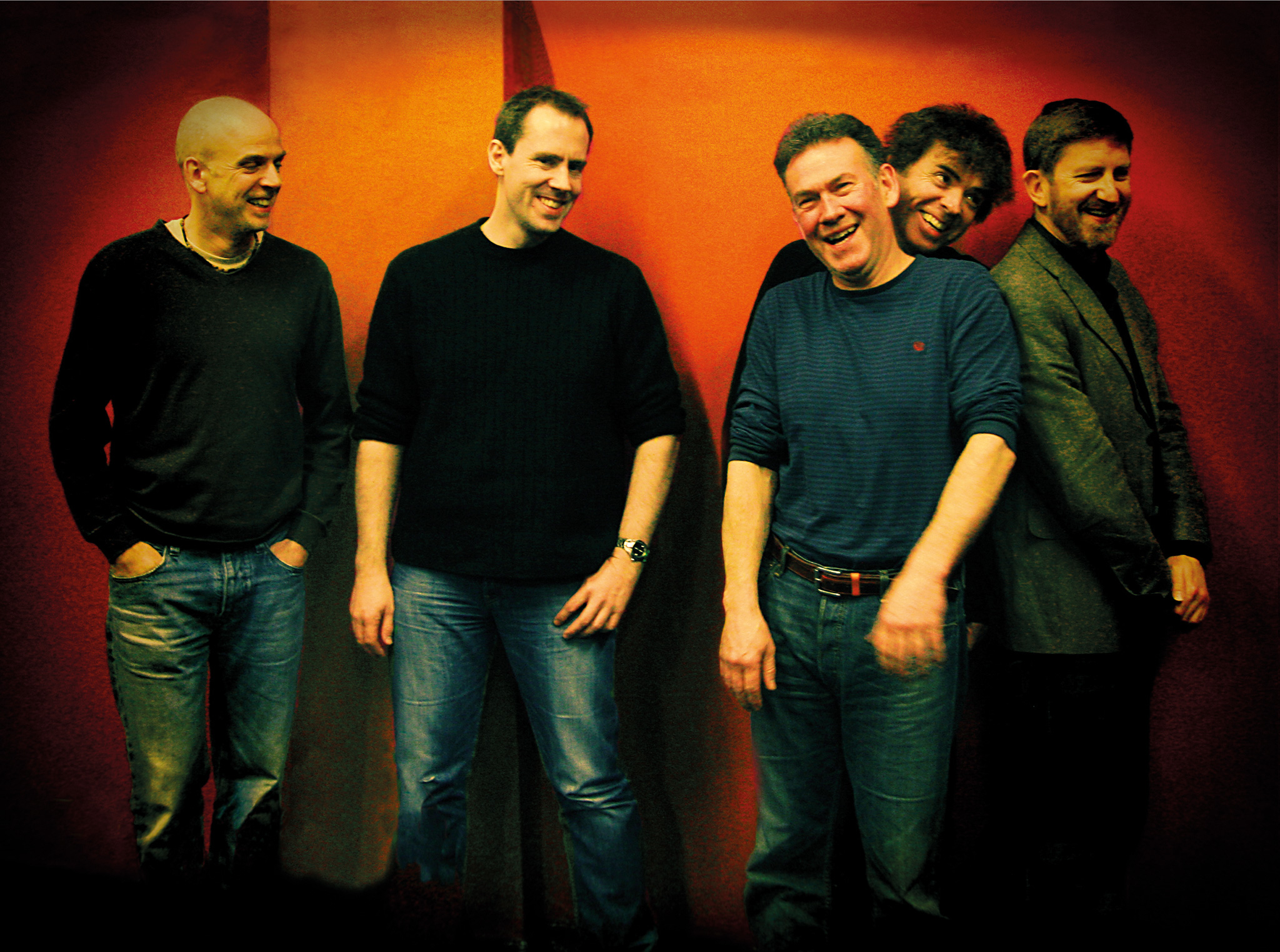
36 IQ
WE SAY: Part of the neo-prog movement that revived the genre in the 80s, IQ started in 1981. Although they’ve never had conspicuous success, their emotionally predicated and clear sighted approach ensured they’ve always had a loyal following.
YOU SAY: “Flew the flag during the dark days of the 80s and 90s and continue to release excellent albums like last year’s The Road Of Bones.” – Mark Feldon
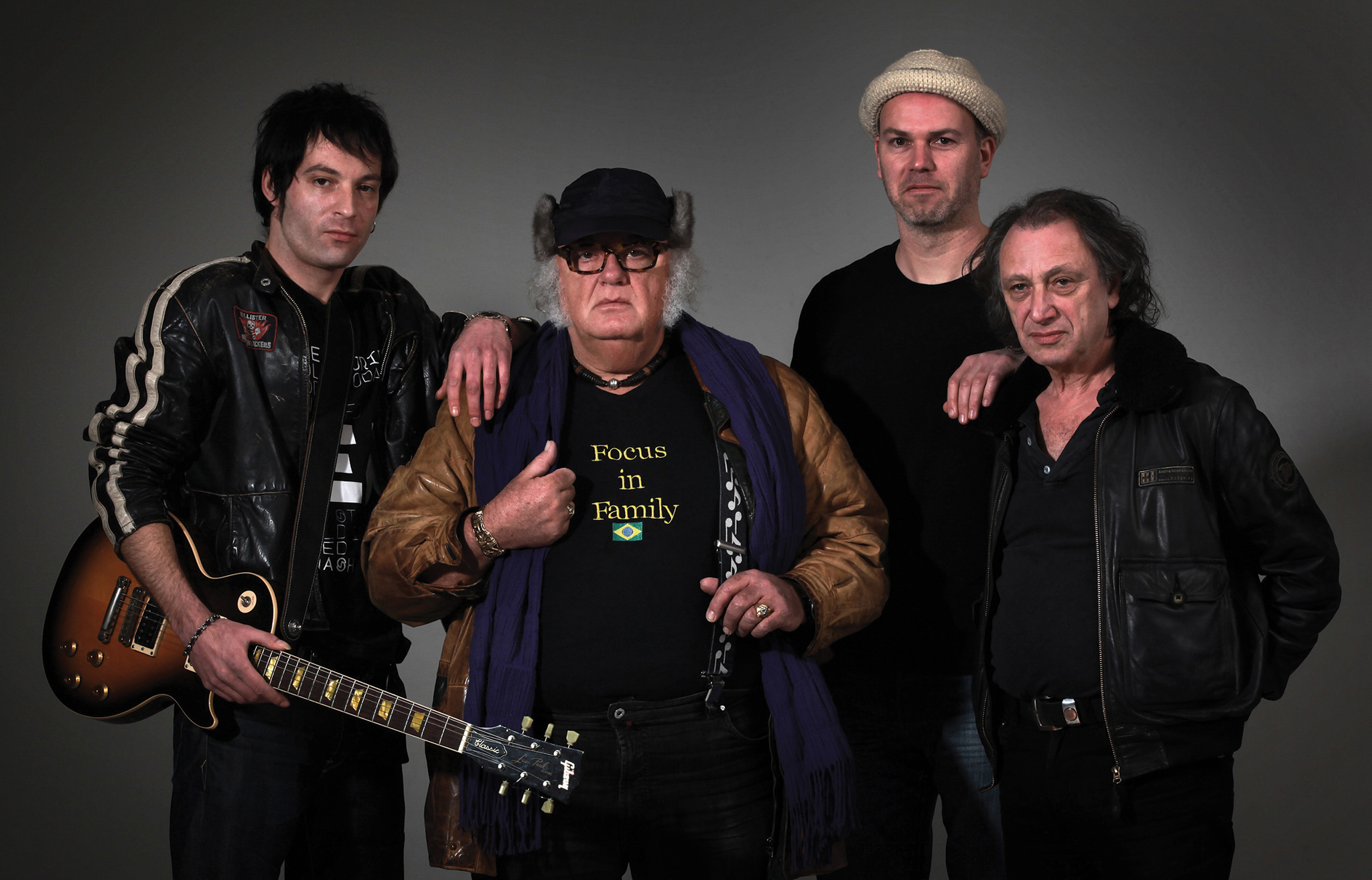
35 Focus
WE SAY: The Dutch masters might be renowned mostly for the yodelling style in Hocus Pocus, but there has always been so much more to their armoury than one novelty hit.
YOU SAY: “A left-field choice, granted, but they fused rock, jazz and classical in a way most other bands could only dream of.” – Joe Szurszewski
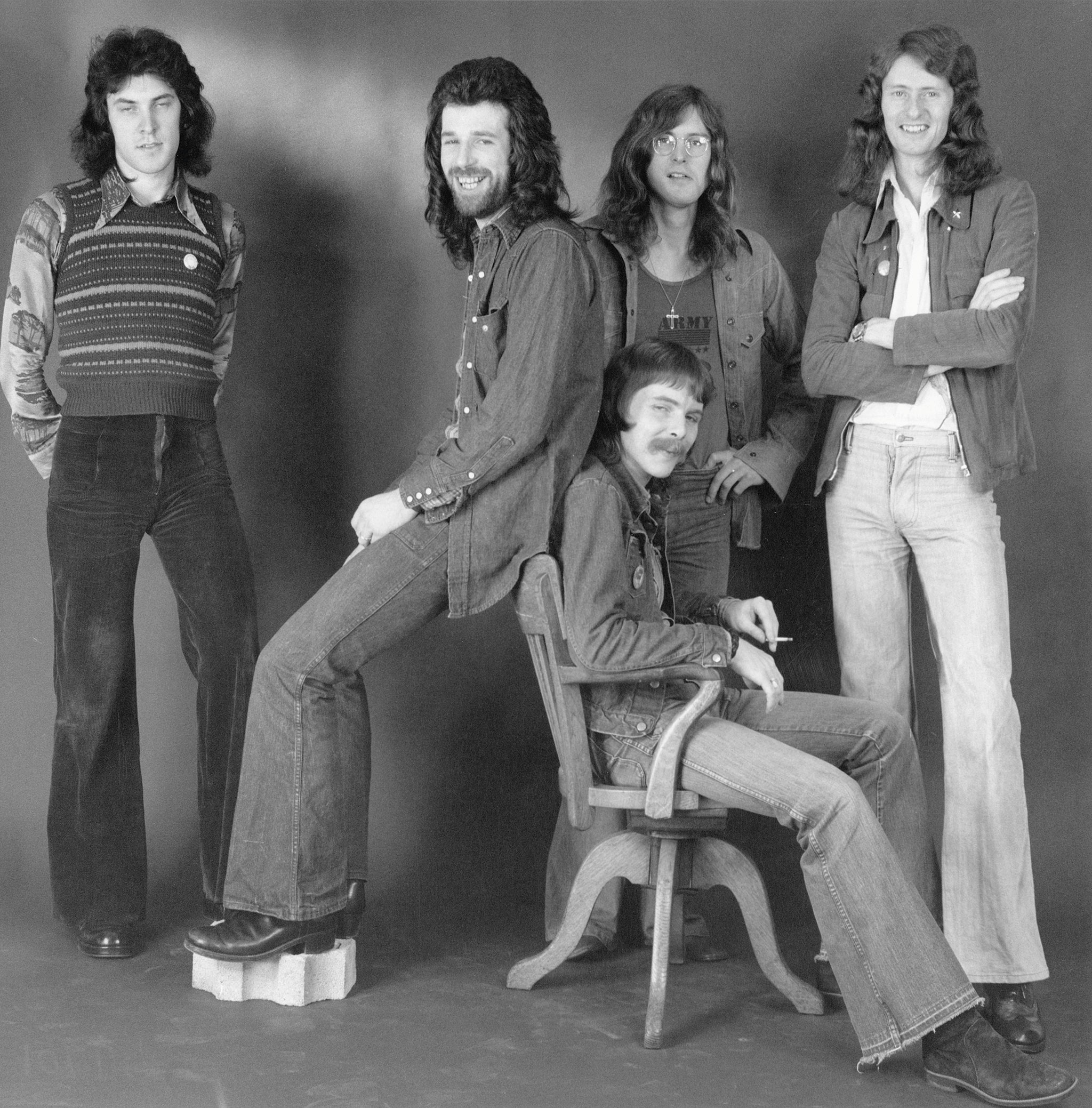
34 Caravan
WE SAY: Formed in 1968, Caravan were among the group of bands who shaped the Canterbury scene. Equally at home with compact shorter songs or more intense epics, their seemingly laid, relaxed style was spiked by a sly wit and sharp observations which came through in the lyrics.
YOU SAY: “An original Canterbury troupe who still have the ability not only to play but to capture an audience’s imaginations. I love these guys.” – Mark Dron
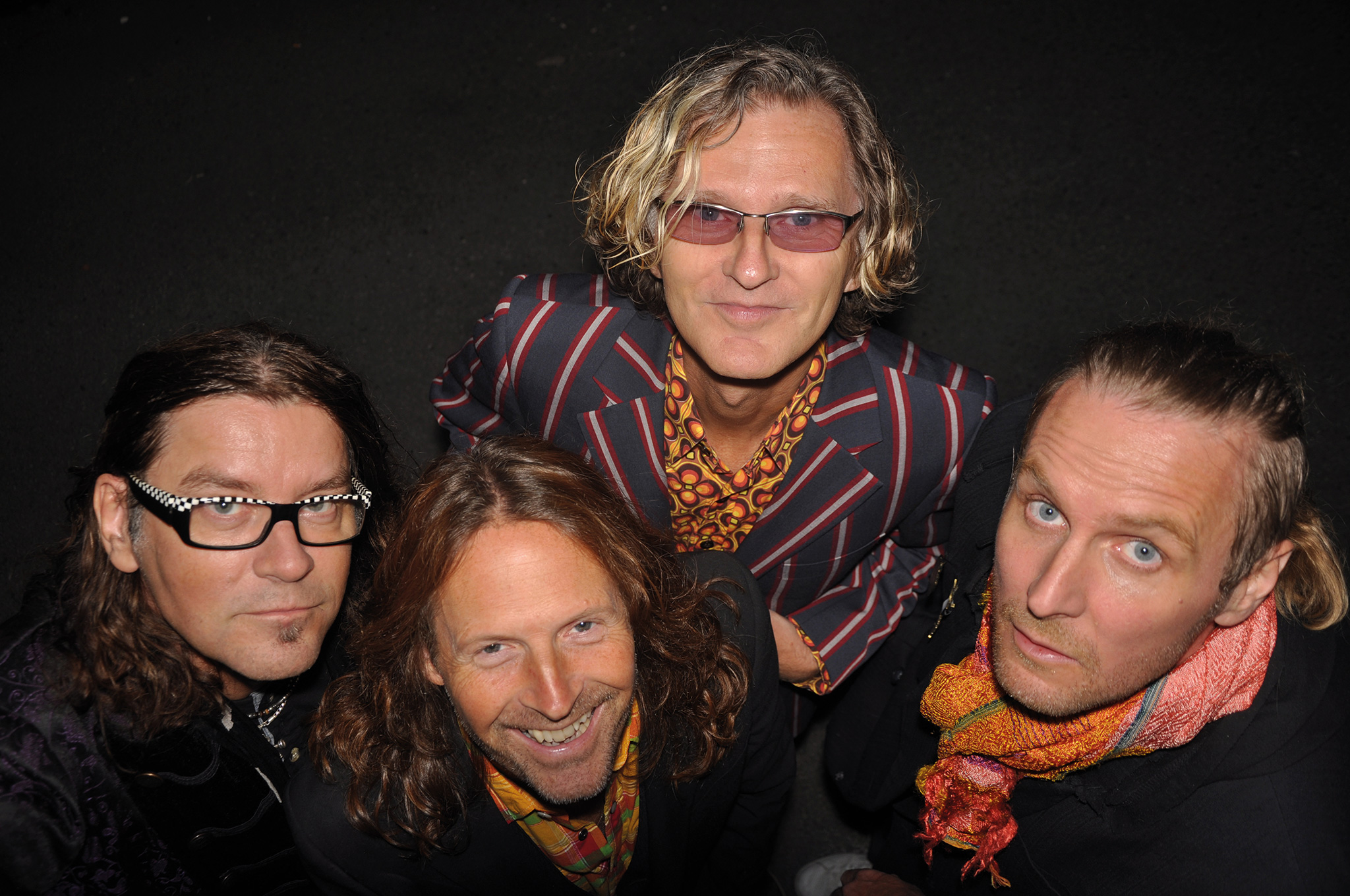
33 The Flower Kings
WE SAY: Swedish band The Flower Kings were formed in 1994 by guitarist Roine Stolt. Originally, he wanted backing musicians, but they quickly became a band in their own right, although he has always been the principle composer. The Flower Kings’ style is based on symphonic foundations, but also incorporates polyrhythmic switches and dynamic diversity.
YOU SAY: “Symphonic rock at its very finest. Phenomenal musicianship from The Flower Kings featuring my favourite bassist Jonas Reingold.” – John Miller
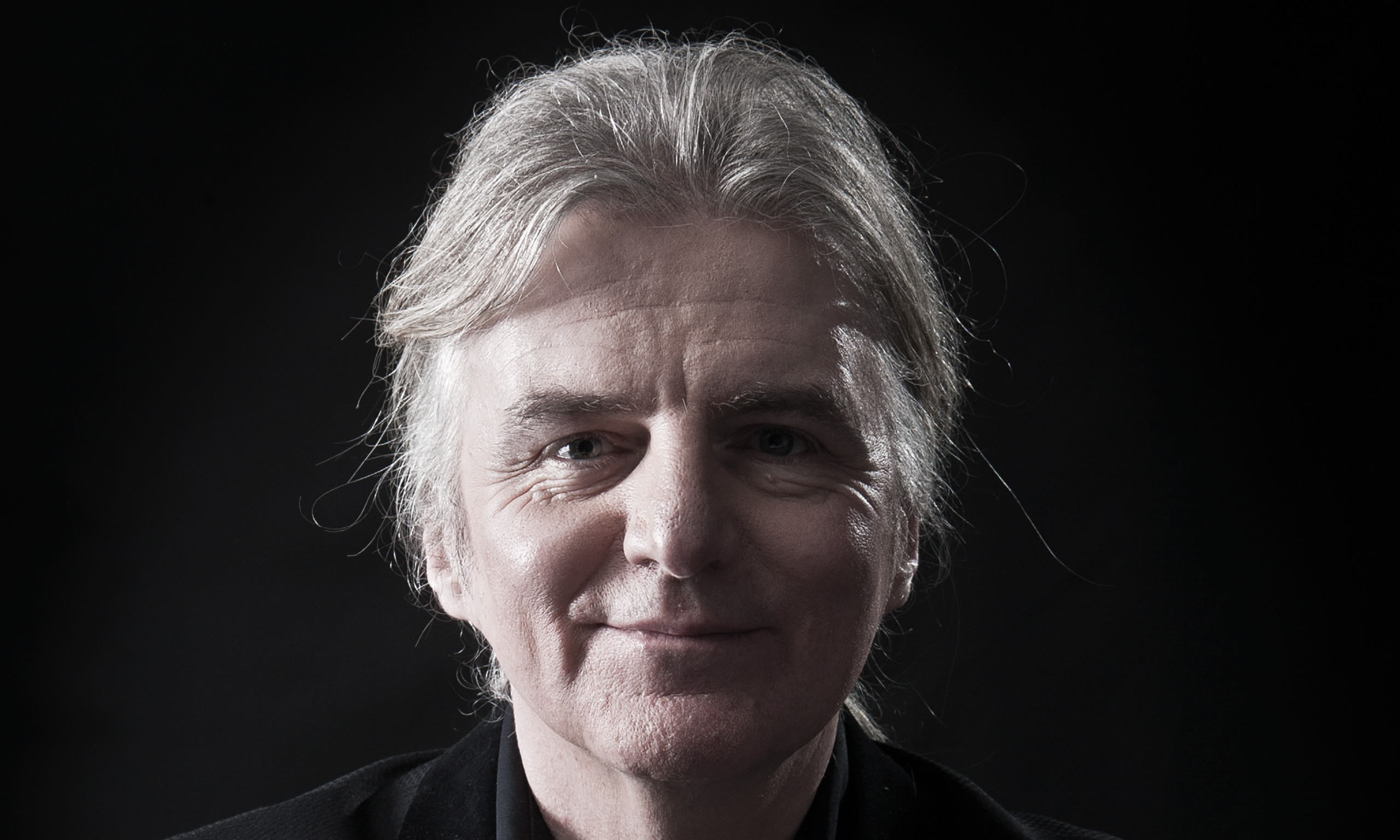
“There was a band called England who had one album called Garden Shed that I thought that was just monumental. They arrived on the prog scene in 1977, signed to Arista Records and were going to be the next big thing, but then punk arrived and they got dropped. Considering the sonic sounds of the album, the noises they got pre-digital were pretty amazing.”
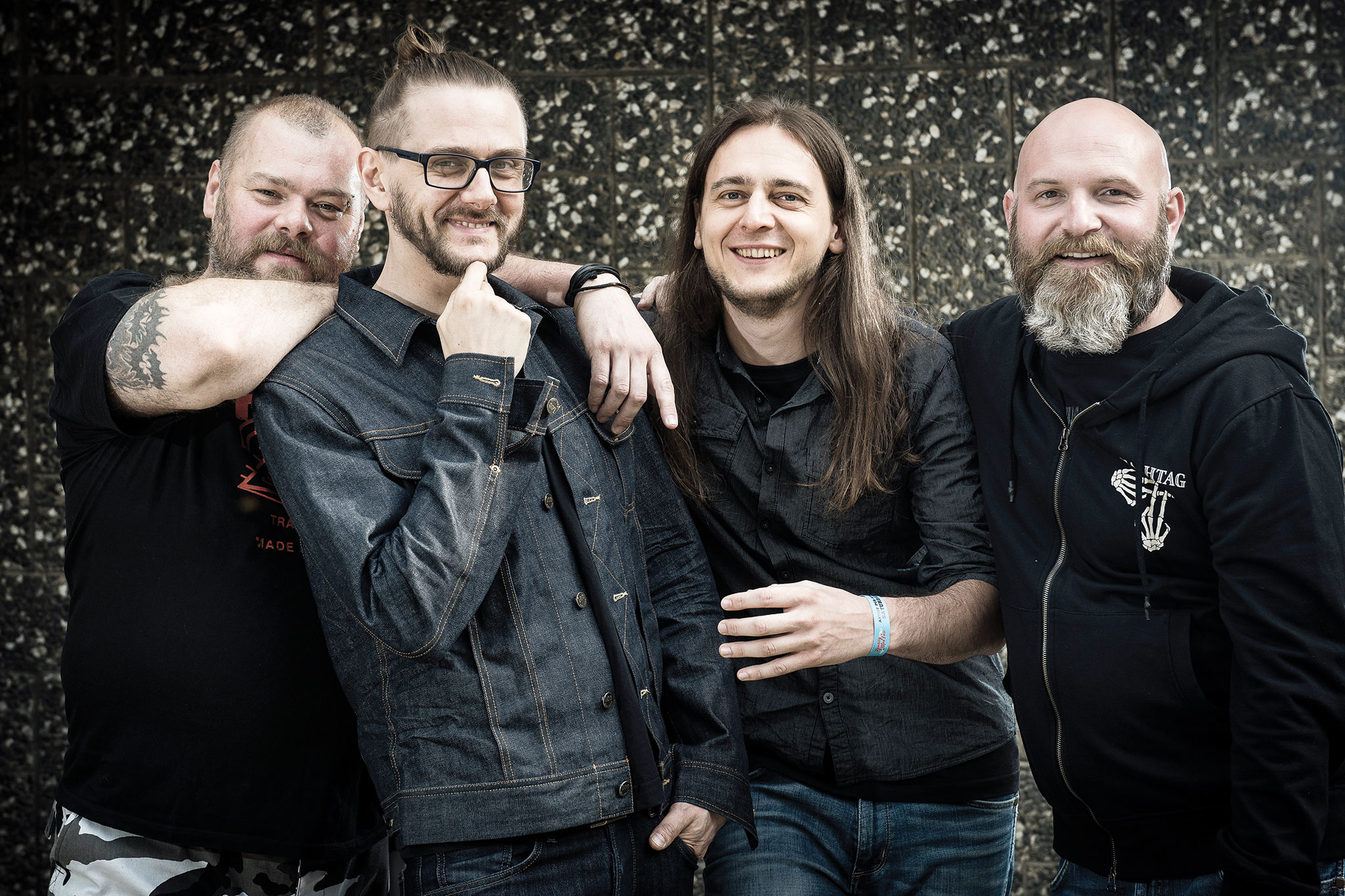
32 Riverside
WE SAY: The Polish band were formed in 2001, and have established their name by combining progressive and atmospheric elements with a metallic edge. Over the release of six studio albums, the band have moved away from their influences and lodged their own clear identity.
YOU SAY: “A band that keeps reinventing themselves and progressing in their live performance and appearance.” – Herold Boertjens

31 Soft Machine
WE SAY: One of the most important bands on the Canterbury scene, Soft Machine were started in 1966 by Robert Wyatt, Daevid Allen and Kevin Ayers. Although the band carried on until the mid-80s, their impact was made over the first four albums, released between 1968 and 71, when their dedication to experimentation paid rich dividends.
YOU SAY: “Soft Machine represent not only the best of the famous Canterbury Scene, but the most well-crafted psychedelic prog rock blend – move over, Pink Floyd!” – Zazzy Kozar
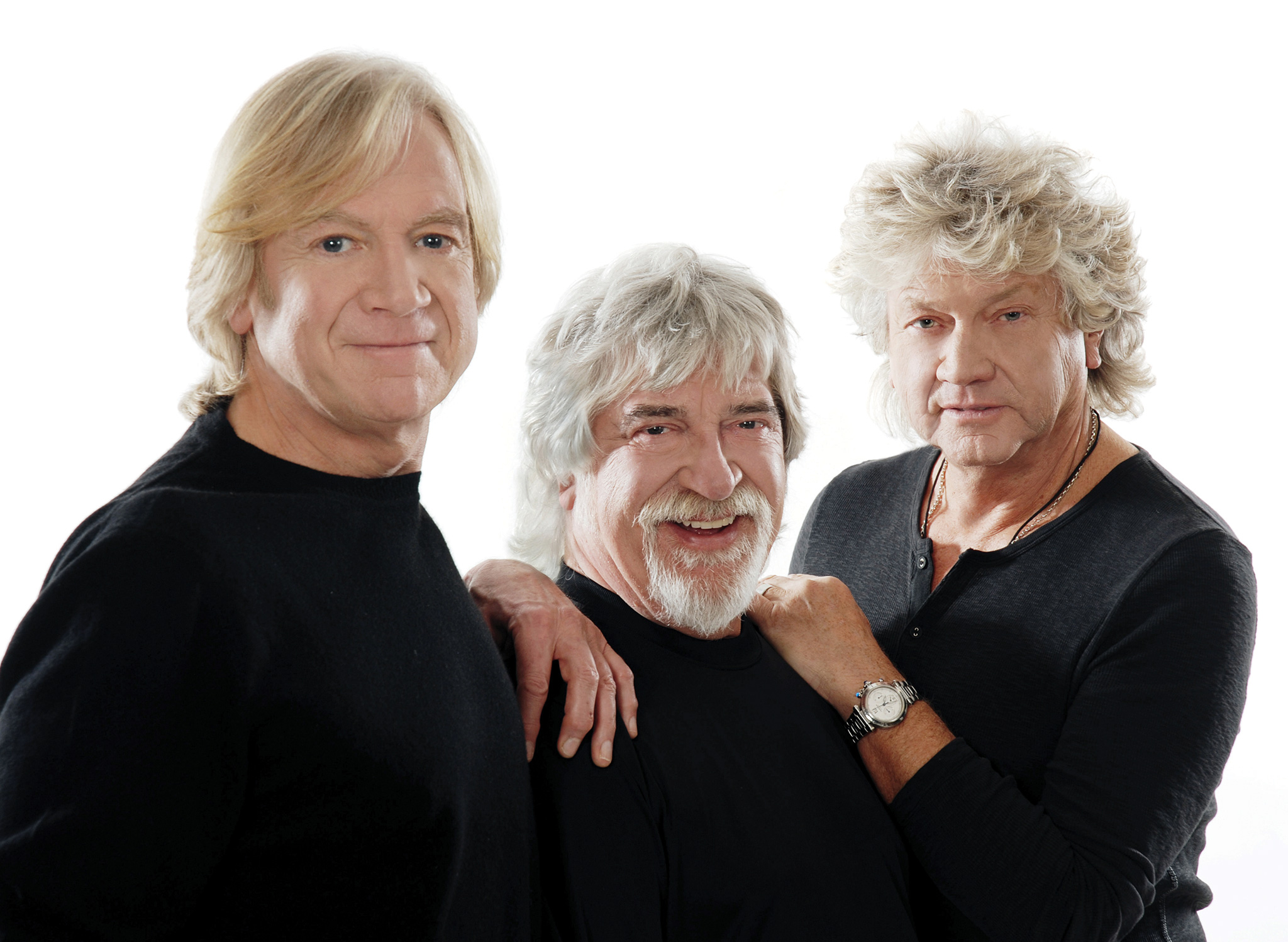
30 Moody Blues
WE SAY: Although they began in 1964 as a R’n’B band, The Moody Blues really came into their own two years later when, following the arrival of Justin Hayward and John Lodge, the band developed a symphonic rock approach that saw them become one of the world’s most successful bands.
YOU SAY: “Because of their albums in the 60s and 70s, they were arguably frontrunners in concept albums, and reinvented themselves in the 80s. After that, not that progressive anymore, but still great as a live band (I saw them last week in Amsterdam).” – Rob Slegtenhorst
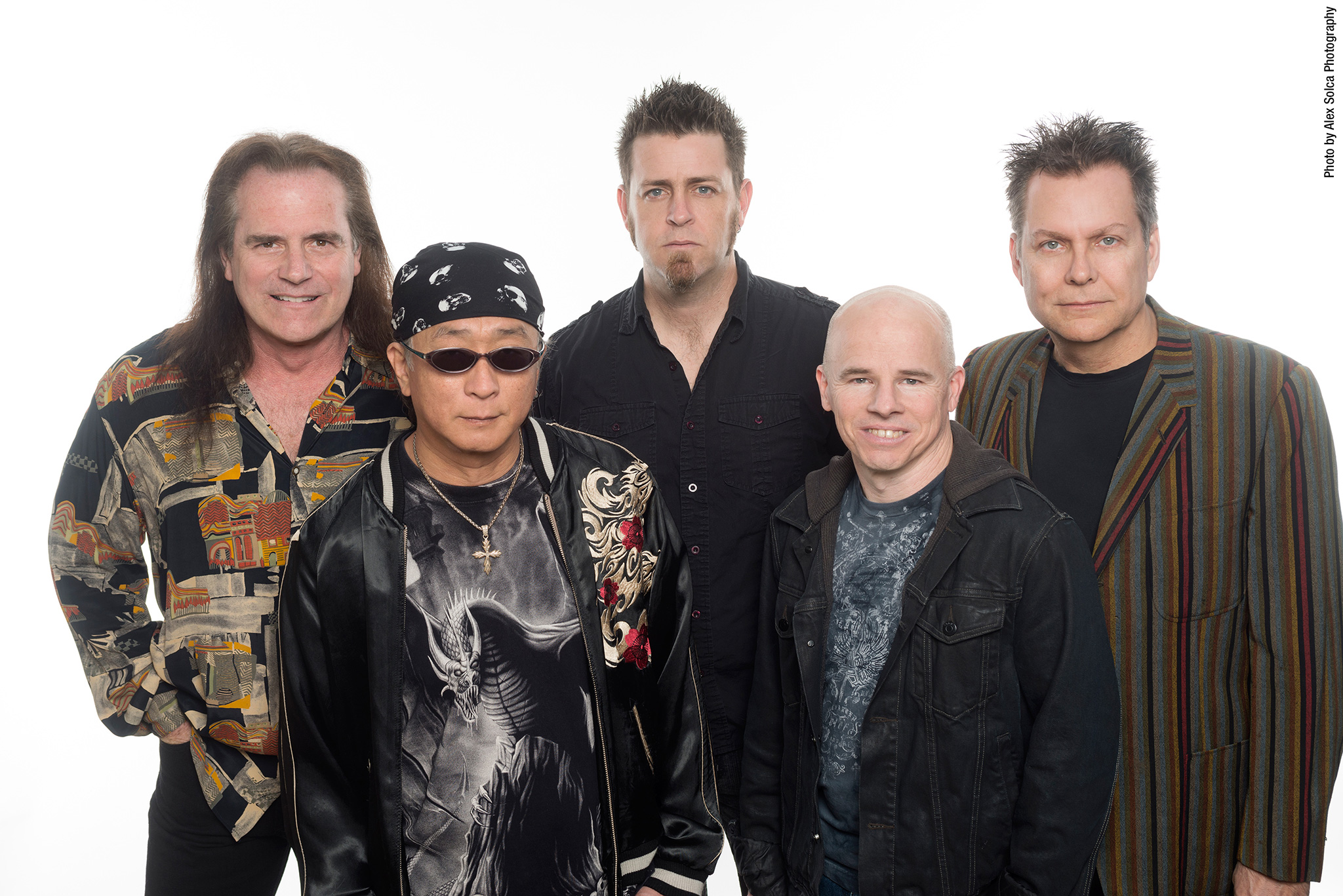
29 Spock’s Beard
WE SAY: The American band were formed in Los Angeles during 1992 by brothers Alan and Neal Morse. Taking inspiration from Yes and Genesis, they’ve been renowned for mixing highly articulate musicianship with pop leanings. The use of multiple vocal harmonies have also become a trademark.
YOU SAY: “I first came across Spock’s Beard in the late 90s and was impressed with the complicated nature of their songs, different time signatures and level of musicianship. Even after Neal left, the band carried on albeit in a slightly different direction, and I am eagerly awaiting the imminent release of their next album.” – Nigel Shaddick

“For me Dave Stewart’s playing, particularly in Egg, Hatfield and National Health has been a huge influence and inspiration. As a performer he is the master of light and shade – delicately chiming and interlocking jazzy melodic lines will suddenly collide into ear splitting growling fuzz and exciting squalls of noisy tone generator. And he’s a great entertainer too.”
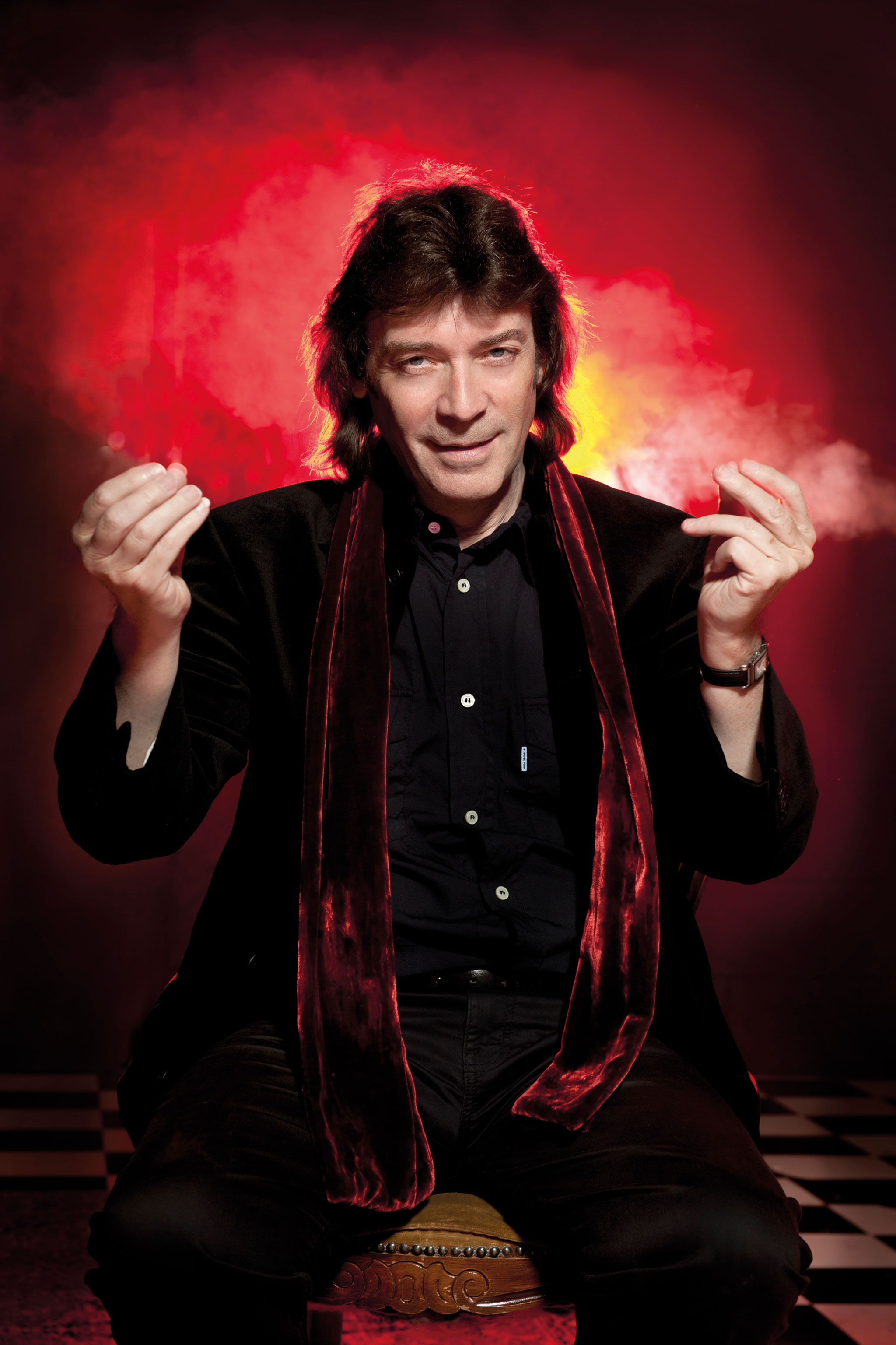
28 Steve Hackett
WE SAY: After making his name with Genesis, Steve Hackett left the band in 1977 to strike out on what has been a consistently successful solo career. One of prog’s great guitarists, Steve Hackett has also delighted fans by revisiting his Genesis catalogue, live and also in the studio as well as collaborating with the likes of Steve Howe (GTR) and Chris Squire (Squackett).
YOU SAY: “When he left Genesis, they lost a bright spark. Fortunately he has been amazingly prolific since then, with studio albums that constantly explore new musical dimensions and live shows that are technically superb, especially the recent UK tour. Plus he’s a nice, humorous and unassuming bloke.” – Garry Mitchell
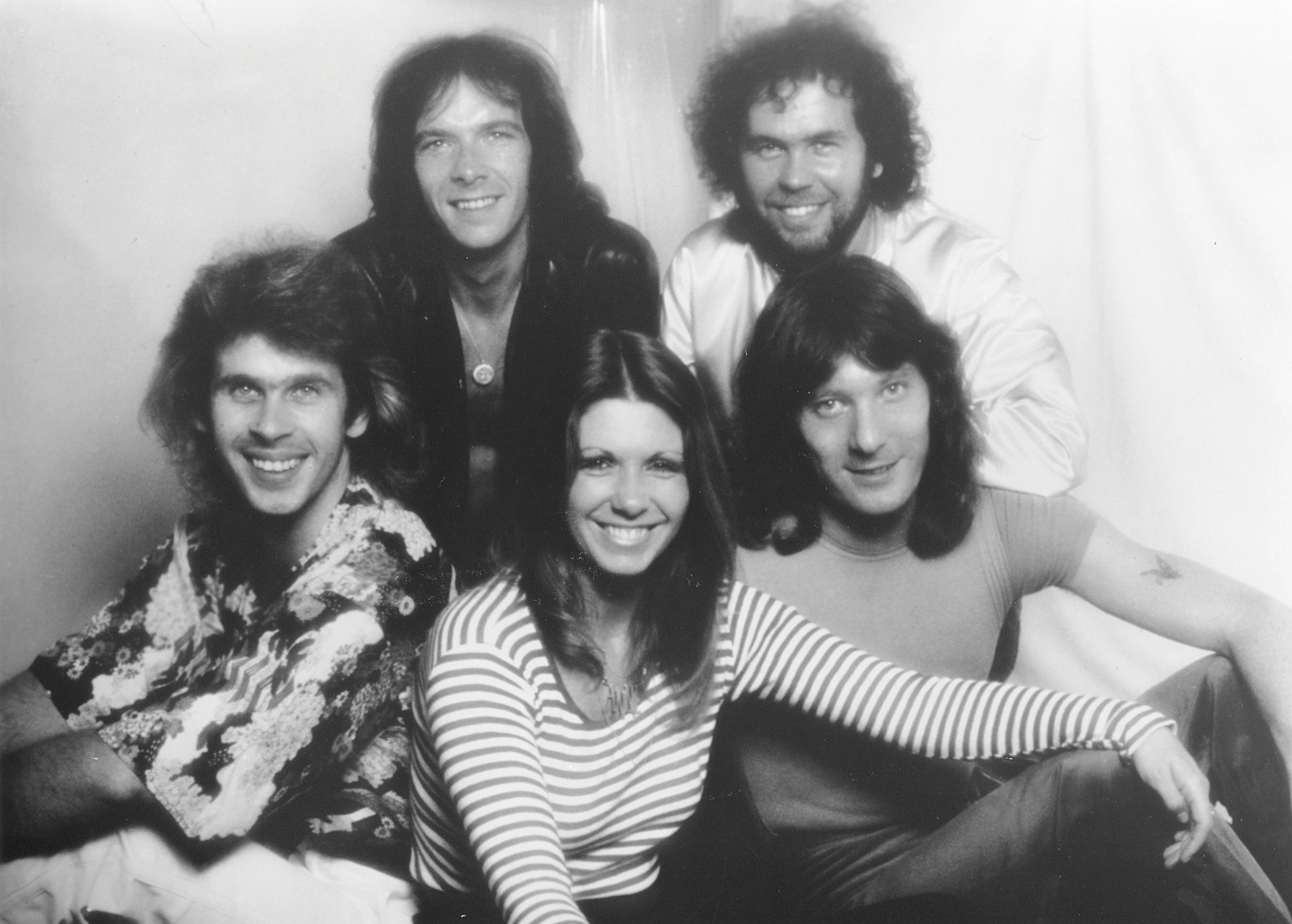
27 Renaissance
WE SAY: Formed in 1969 by two ex-members of The Yardbirds, Renaissance really came into their own during the following decade. With Annie Haslam on vocals, they found a suitable style mixing folk and classical motifs in a highly accessible manner.
YOU SAY: “Annie Haslam’s otherworldly, five octave voice singing Michael Dunford’s classical/folk masterpieces. Jon Camp played bass like a lead instrument, and John Tout was one of the most underrated keyboardists in prog history.” – Carol McGuckin
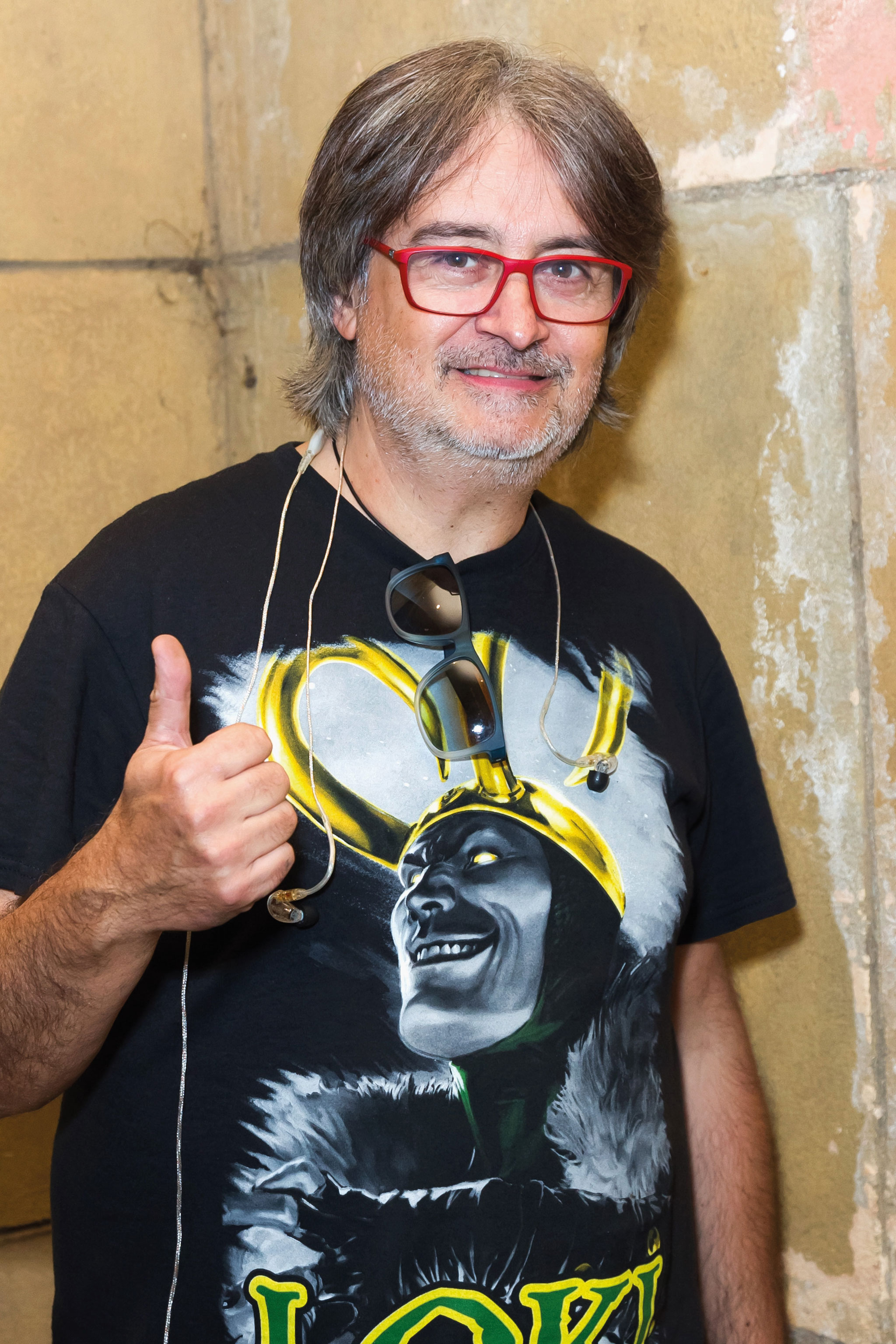
“My choice is ELP. They changed the way everyone thought about music. Listen to an album like Tarkus – it’s one of the all time great records. What Keith Emerson did was make the keyboards the centrepiece of their sound. Up until then, it had always been about the guitar. But when I first heard Keith in The Nice, he really grabbed my attention. And then in ELP it all came to fruition.”
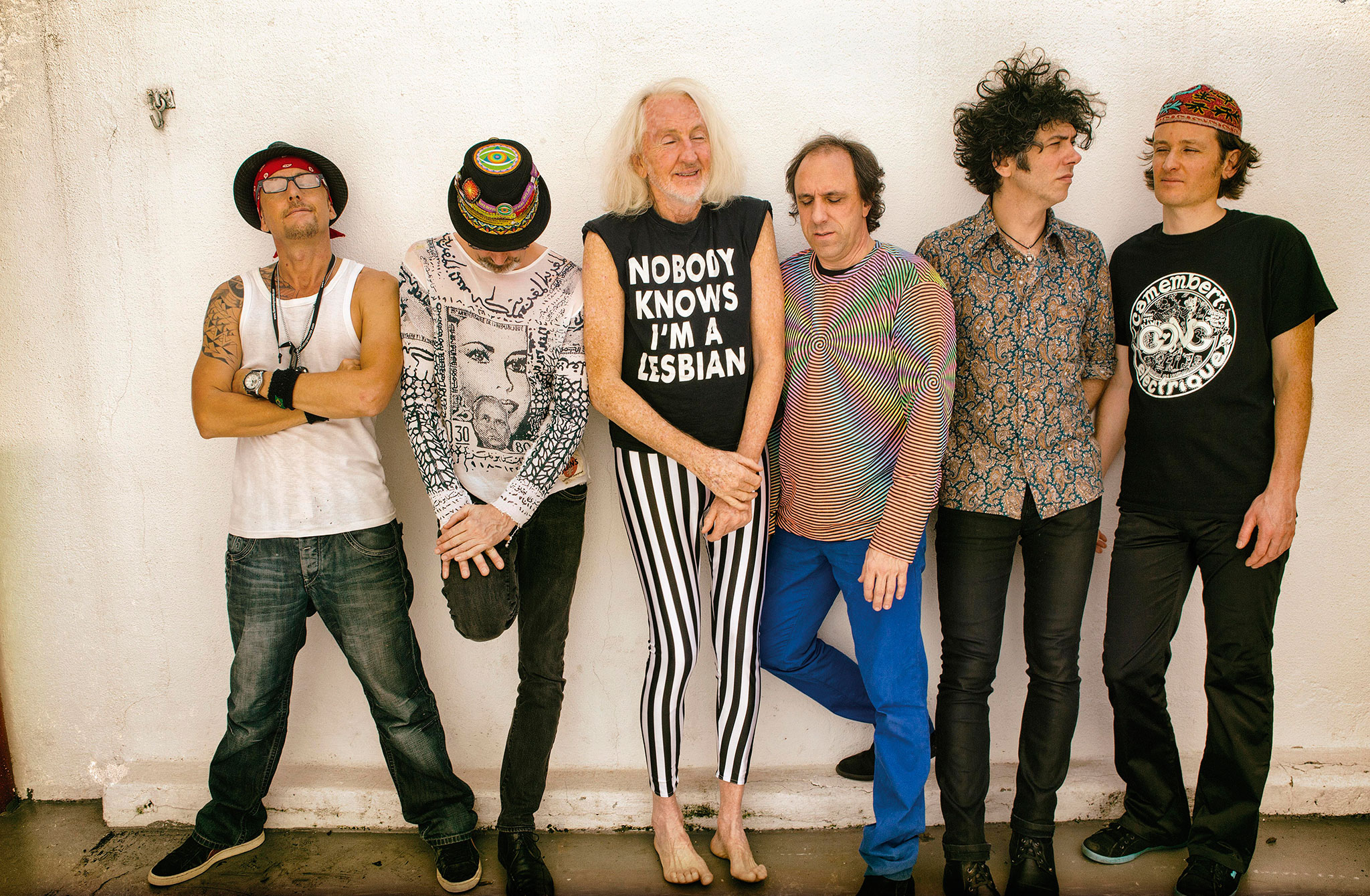
26 Gong
WE SAY: Led by Daevid Allen, the fabulously unique Gong created their own alternate universe, where tea pots flew and gnomes listened to their own radio station. The band began in 1967 and their music was impossible to define, yet easy to recognise.
YOU SAY: “Camembert Electrique for 59p – changed my life. Teapot Trilogy – great playing by all concerned. Soaring guitars, bubbling bass lines, deft drumming, spacy synths, space whisper, sax and flute from heaven all make great tunes.” – Dave twosheds
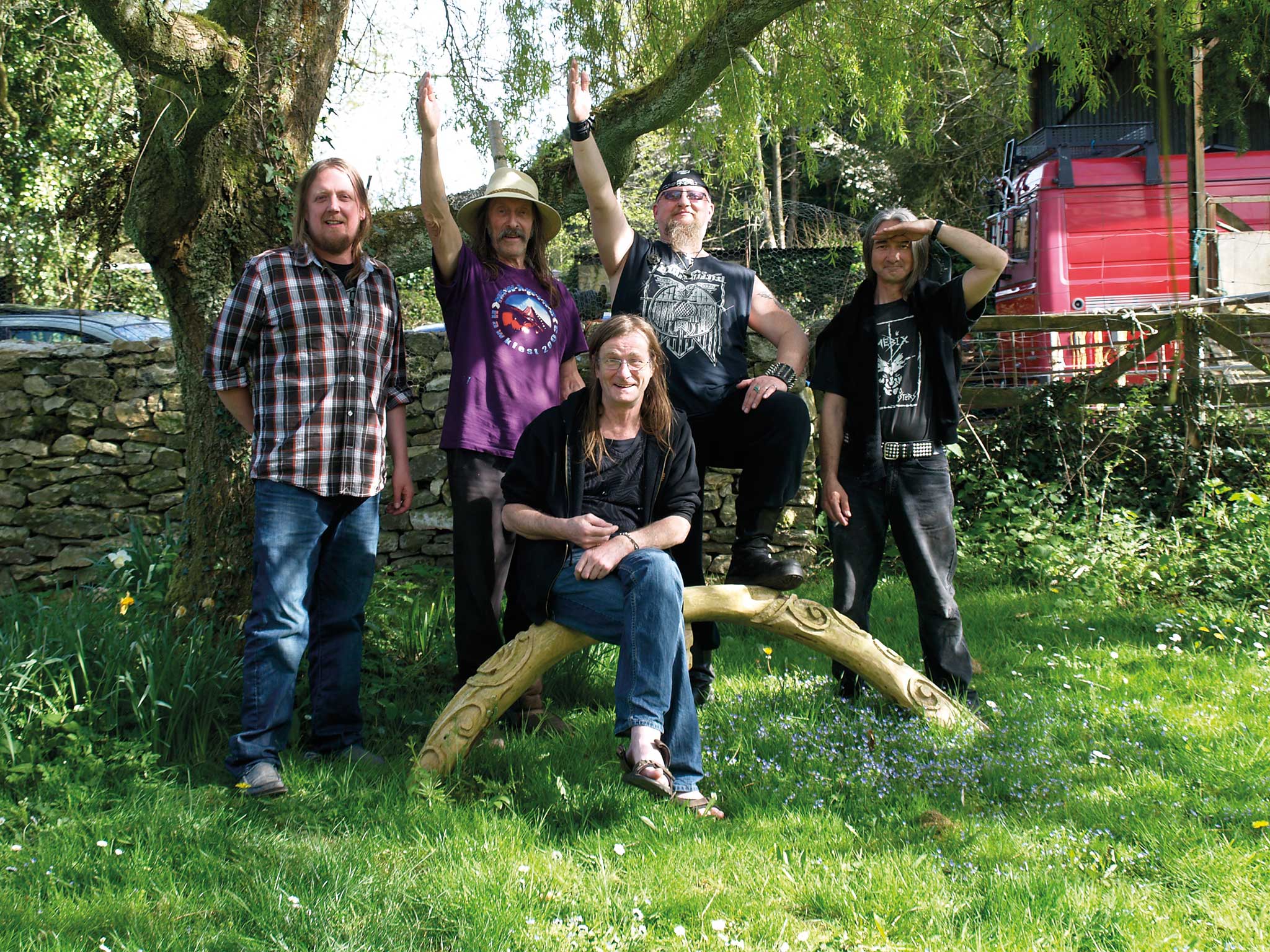
25 Hawkwind
WE SAY: Formed in 1969, Hawkwind used a myriad of instruments, multiple sound effects, acid trippy light shows and exotic dancers to create space rock. Thanks to a huge array of musicians, the band have constantly expanded their horizons.
YOU SAY: “If it ain’t broke, don’t fix it. They’ve known their niche since the 70s, and they haven’t changed since. To this day, they’re the only cosmic constant in the progressive rock world.” – Chris Ricci
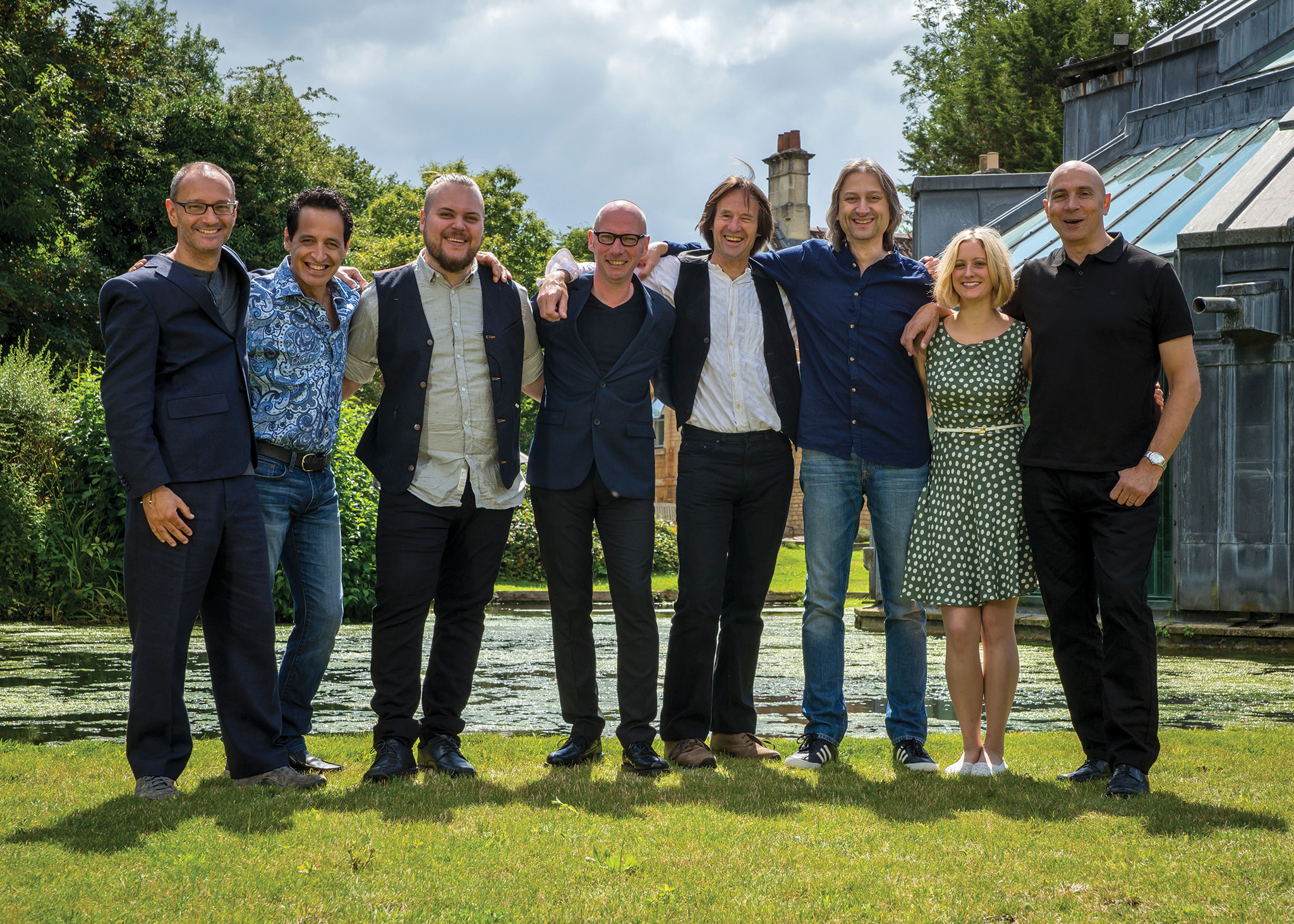
24 Big Big Train
WE SAY: Formed in Bournemouth during 1990, Big Big Train have retained a strongly independent trait. They have mixed both 70s and 80s prog in a manner that has allowed the band to develop their own sound: one that has given them an enviable consistency.
YOU SAY: “Rustic England for the new age. Tasty and delightful in every sense with lyrics that really matter. The future of prog, most certainly, but more importantly a reminder of the awards that will come to the avid listener who strays away from the brain dead mainstream of pop culture.” – Kenneth Ekholm
MY FAVOURITE PROG ARTIST OF ALL TIME
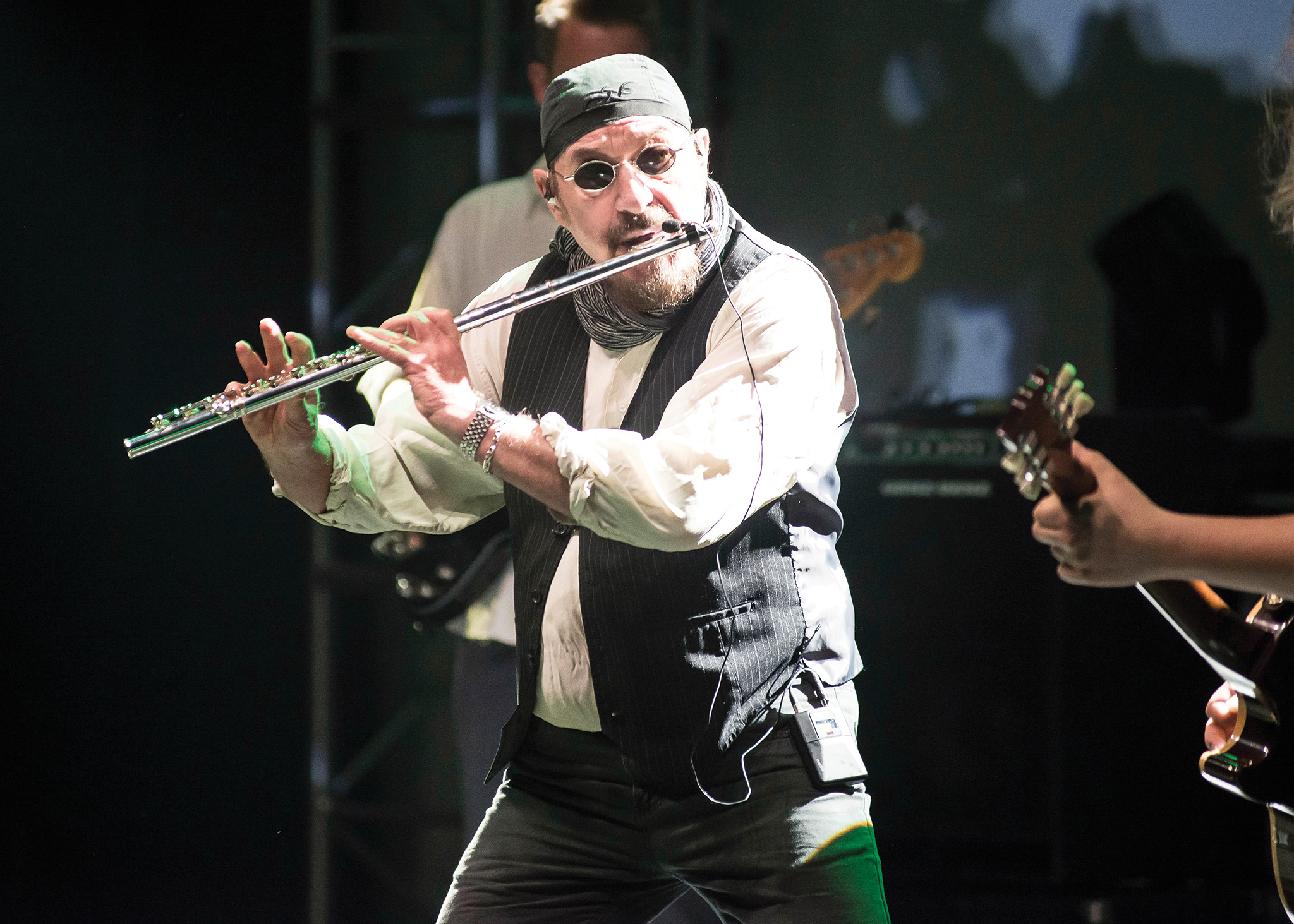
“It’s Gentle Giant. Obvious then, from the outset, that these were a bunch of highly motivated and energised young men with a real passion for their music and a determination to succeed alongside their better-known peers. They were to become one of the most technically-enabled and detailed prog bands of all time.”
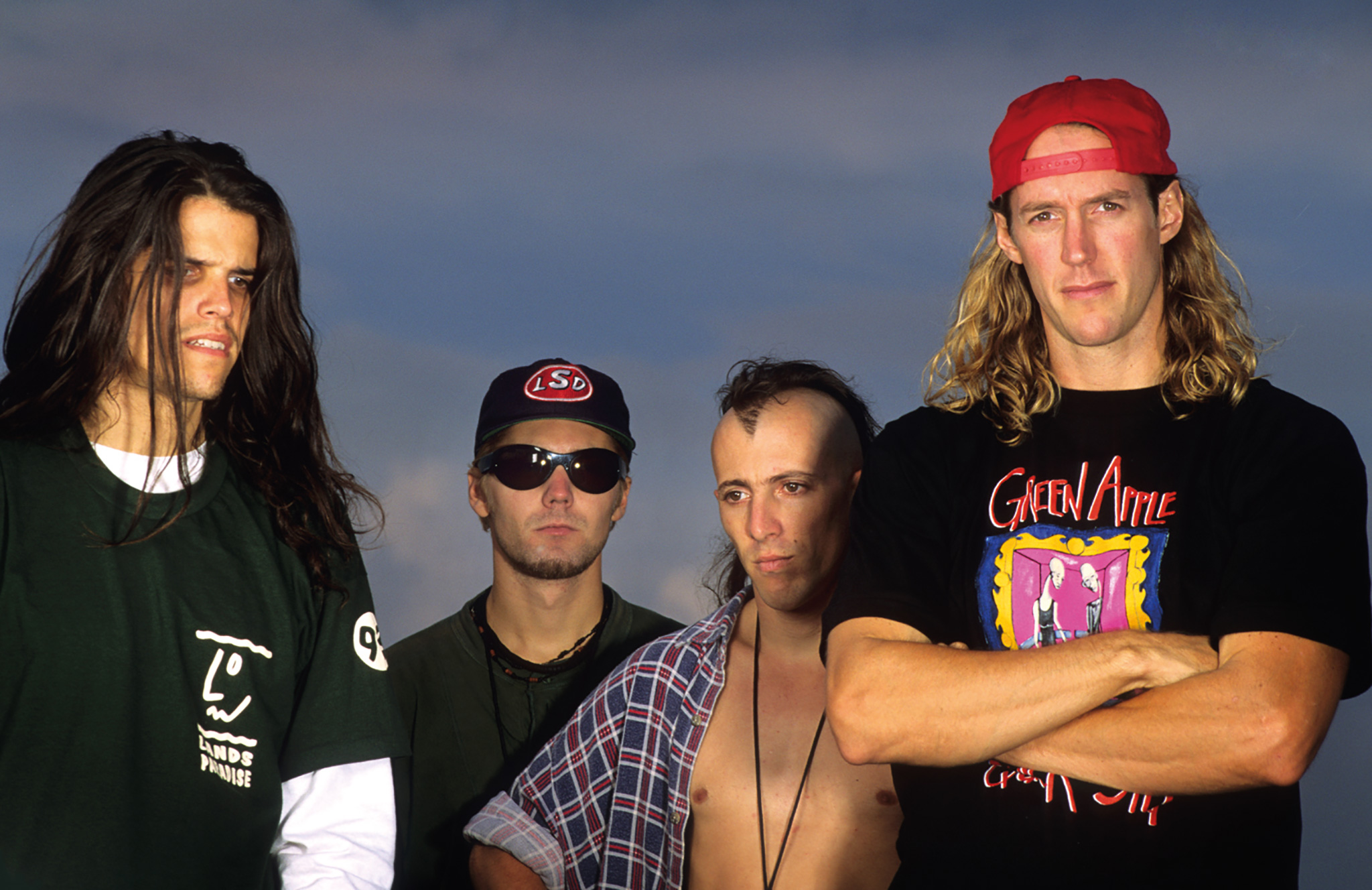
23 Tool
WE SAY: Never less than unpredictable, Tool have never been a band to follow normality. Since their formation in 1990, the American band have only released four albums, each one showcasing a distinct leaning towards experimentation and a tendency to use surprising time signatures.
YOU SAY: “They are, in my opinion, the progressive band of the mainstream metal scene. I love how heavy their sound is while still holding onto those elements that make them truly progressive.” – Richard Feltman
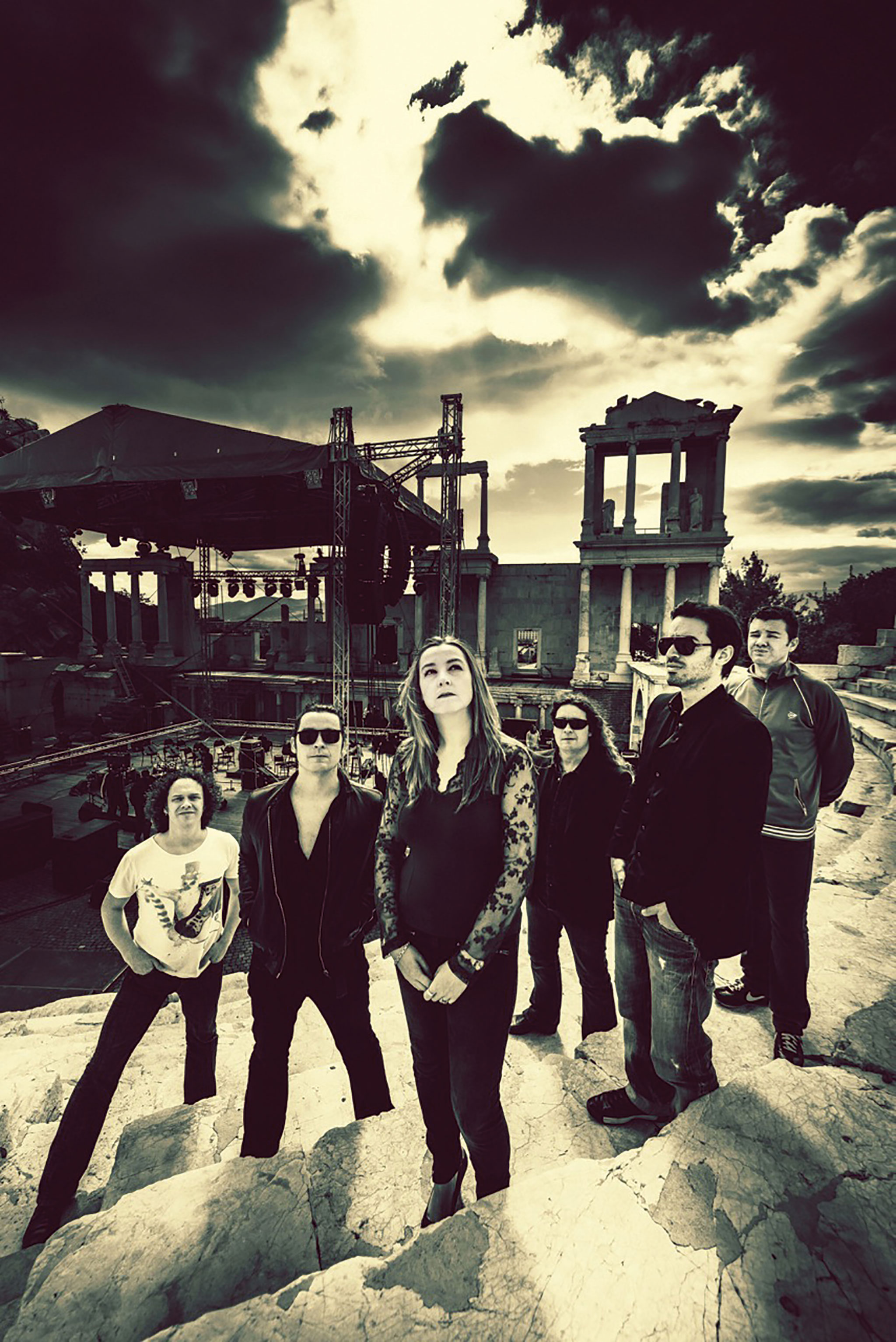
22 Anathema
WE SAY: The Liverpool-based Anathema began in 1990 as a doom band, but by the end of the decade, they had expanded their sound to take in more progressive influences. Since then, Anathema have built a strong following, based on a musical approach that has never stood still.
YOU SAY: “Listening to the brilliant melodic albums this band have released in the last two decades, it is hard to believe that Anathema originally started out as a doom metal band. The band convey powerful emotions with their music, reinforced by great lyrics which in turn are delivered to perfection by the unique combination of the voices of Vincent Cavanagh and Lee Douglas.” – Ryltar Aleanrahel
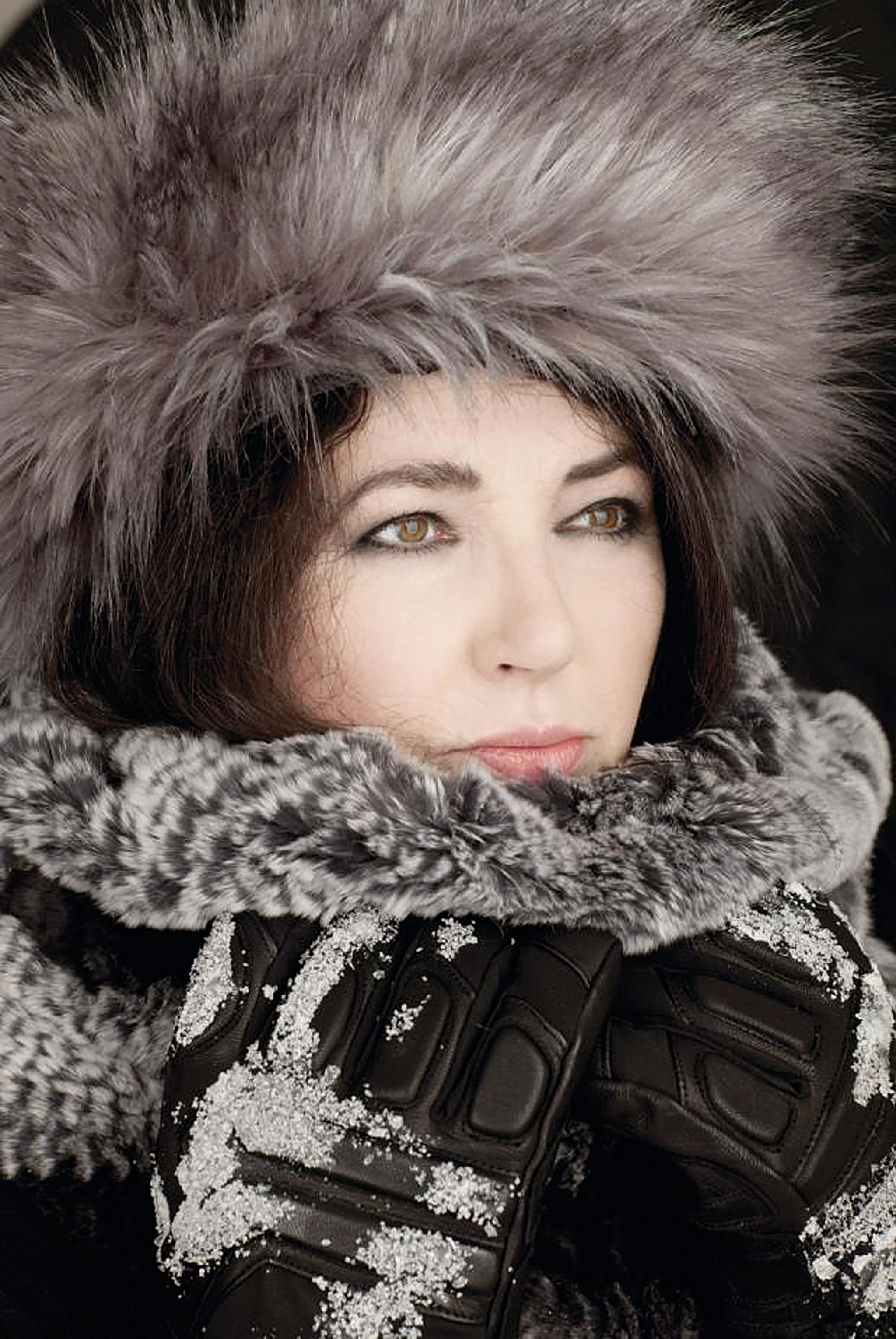
21 Kate Bush
WE SAY: From her first hit single Wuthering Heights in 1978, Kate Bush has been a stellar, acclaimed performer with a far reaching impact and one of the most influential people in progressive music. Her music combined a phalanx of often cleverly disguised inspirations, plus vulnerability and sensuality. Though she released her last album in 2011, Kate’s return to live performance last year was hailed as a complete triumph, which was genuine proof of her continued magnetism.
YOU SAY: “Kate Bush and Peter Gabriel really go together on my list as two artists who make prog approachable but don’t tarnish or cheapen its name. The difference between the two being that Kate Bush kept its, ahem, ‘kookier’ leanings. But really, who doesn’t adore Kate Bush?” – Bronwyn Cragg

“I was fortunate to see Allan Holdsworth live in 1973 – playing what can best be described as metal, with the band Tempest. That totally changed my idea of what could be done on electric guitar. He later joined Soft Machine for the brilliant Bundles album, and guested with both Gong and Jean-Luc Ponty, before ending up in Tony Williams’ band.”
Writer and broadcaster Jerry Ewing is the Editor of Prog Magazine which he founded for Future Publishing in 2009. He grew up in Sydney and began his writing career in London for Metal Forces magazine in 1989. He has since written for Metal Hammer, Maxim, Vox, Stuff and Bizarre magazines, among others. He created and edited Classic Rock Magazine for Dennis Publishing in 1998 and is the author of a variety of books on both music and sport, including Wonderous Stories; A Journey Through The Landscape Of Progressive Rock.

